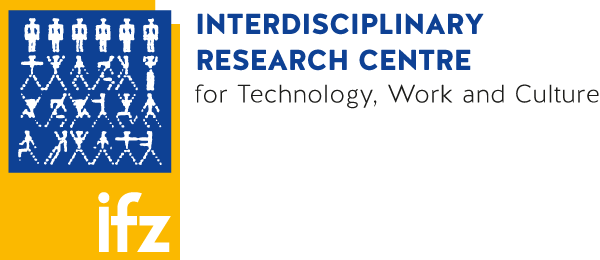Book Publication - Living in the ‚Sustainable Building of Tomorrow’
The aim of this project is a systematic review of socio-economic studies of “Building of Tomorrow” and an integration and presentation of concepts, tools and results which is suitable for building practitioners (especially architects, planners, building developers) and for institutions in research and education.
Federal Ministry of Transport, Innovation and Technology; Programme ‘Building of Tomorrow’
2006-2009
- Centre for Social Innovation (ZSI), Vienna
Extensive research on socio-economic aspects of sustainable buildings is one of the innovative elements of the R&D programme “Building of Tomorrow” – not only at a national but also at an international level. The category “socio-economic projects” lists 34 research projects which, for example, deal with user behaviour in sustainable buildings, motives guiding the choice of building types or acceptance of new environmental building technologies such as highly efficient ventilation systems or the use of ICT for energy efficiency.
The aim of this project is a systematic review of socio-economic studies of “Building of Tomorrow” and an integration and presentation of concepts, tools and results which is suitable for building practitioners (especially architects, planners, building developers) and for institutions in research and education. Within the project a book publication is planned, which introduces to socio-economic building research and presents data, tools and concepts to understand and improve the usability of sustainable buildings in a comprehensive, amenable and consistent way.
The publication will centre on the following socio-economic aspects of sustainable construction:
- User behaviour, user satisfaction in sustainable buildings, motives for the choice of buildings – presentation of current data and socio-economic concepts
- User acceptance and attitudes towards environmental building technologies (balanced ventilation systems, heating systems for low energy houses, use of ICT to increase energy efficiency)
- marketing and dissemination of sustainable buildings
- user involvement in planning, construction and refurbishment
- instruments and supportive measures (participation models, post-occupancy analyses, accompanying focus groups).
